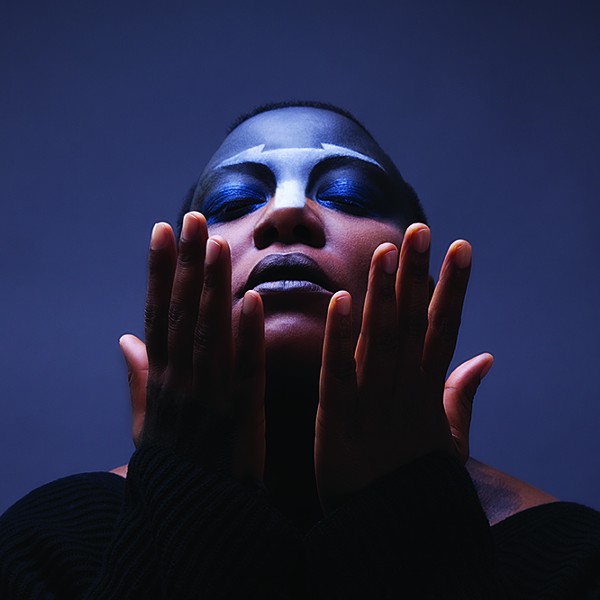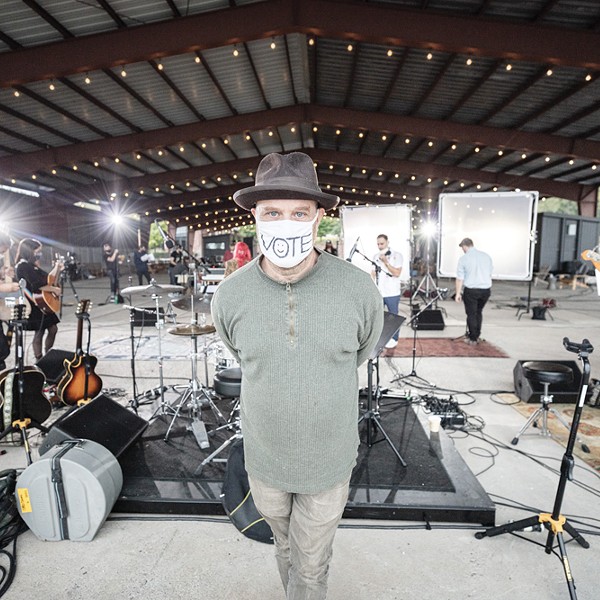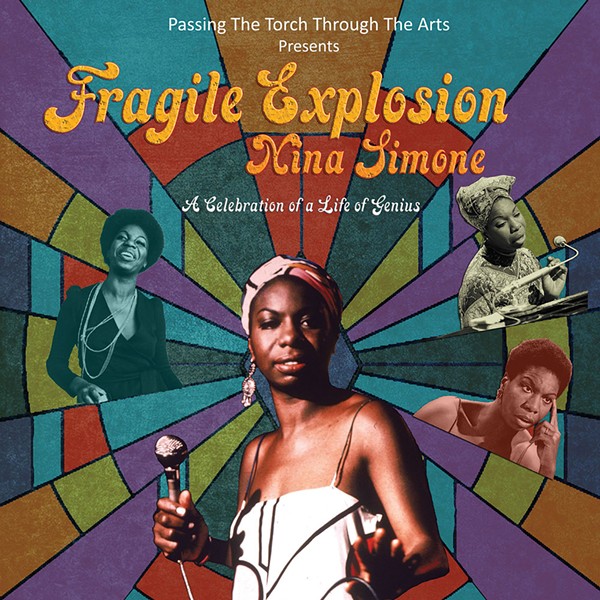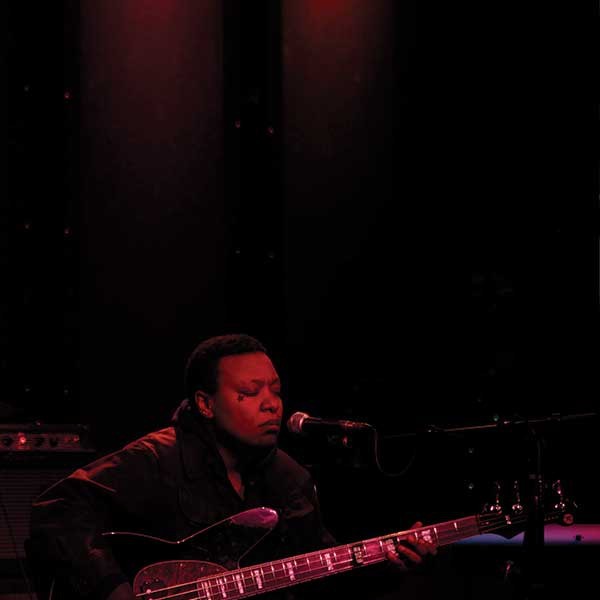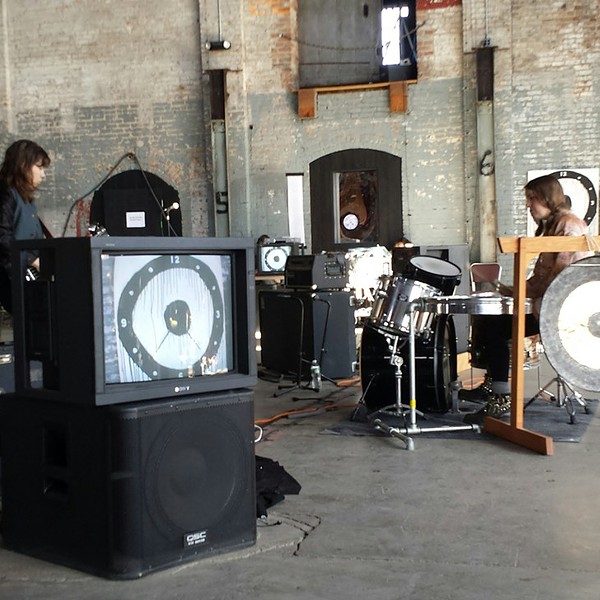Emblazoned atop the home page of Tryon, North Carolina's government website is the legend "The Friendliest Town in the South." One gets the feeling that its most famous native, the singer, pianist, and composer Nina Simone, would have found fault with such a tagline. Times have changed since she was born there as Eunice Kathleen Waymon in 1933—Simone's daughter even spoke at the tiny mountain town's dedication of a statue to her late mother in 2010—but when the musical icon was growing up, Tryon and the rest of the American South was still in the throes of Jim Crow. For Simone and other Southern blacks it was not so friendly a time. It was a horrific era marked by unchecked racism, institutionalized segregation, even lynchings. Yet from the very start of her career, Simone refused to accept such detestable indignities, simultaneously confronting them head on and elegantly elevating herself above them: At one of her first local recitals, she simply refused to play until her parents were allowed to sit at the front of the auditorium. And so they were. This assuredness of spirit and take-no-shit attitude informed the whole of Simone's life and art, fortifying her music with singular passion and honesty and a sense of purposeful message that continues to inspire listeners and artists the world over.
Either Way I Lose by Meshell Ndegeocello
A track from Pour Une Âme Souveraine: A Dedication to Nina Simone.
One of these artists was raised about seven hours north of Tryon, in Washington, DC: singer, bassist, and composer Meshell Ndegeocello, whose 10th and newest album, Pour Une Âme Souveraine: A Dedication to Nina Simone (Naïve Records), was released late last year and dramatically re-imagines 14 songs from Simone's incandescent repertoire. It wasn't until after she'd left the nation's capital, though, that Ndegeocello first encountered Simone's music. "I guess I was about 21 or 22 when I first heard her," she recalls. "I had just gotten to New York. I was working as a craft services person on Spike Lee films, and someone I worked with played me [1971 live album] Black Gold. It was the voice, and the lyrics, that resonated first. But now I understand that she was a very complicated woman; she dealt with civil rights in her music when most other artists wouldn't. She did what she wanted. And she paid the price." Indeed, Simone famously sang socially concerned songs like "I Wish I Knew How It Would Feel to Be Free" and "To Be Young, Gifted and Black" and lived in exile for much of her life after refusing to pay taxes as a protest against the Vietnam War. One could say that by not kowtowing to record industry protocol or trying to capitalize on her 1990s pop success by making easily accessible music, the similarly mercurial Ndegeocello has herself always done what she wanted—and in some ways paid the price as well. Not that she seems to mind. "At the end of the day," she says, "you just wanna play music, make some money for your family, and be appreciated. That's all it is."
Ndegeocello (Swahili for "free as a bird") was born Michelle Johnson in 1968 in Germany. Two years later, her father, a military man and saxophonist, was restationed to the DC area. Besides being a fan of jazz and blues, the Virginia-raised Army lieutenant had also grown up with country and bluegrass, and duly exposed his family to all these genres. After dabbling with clarinet and drums ("My mom was against the drums," she says with a smirk), Ndegeocello's interest in bass guitar came when she picked up the instrument that one of her guitar-playing brother's friends had left behind. "I loved being able to jam with my brother," she says. "And I was very drawn to the low-end groove [in the music of] Bootsy Collins, Prince, and James Brown." Outside of the house, the city was the thriving center of go-go, a strain of funk native to DC and identifiable by its persistent percussion, extended breaks, and party-themed call-and-response vocals. While the style has remained a localized phenomenon, never quite catching on beyond the Beltway, for many black kids in 1980s DC go-go was God. "Go-go is very personal and geographic, lots of local references," explains the bassist, who by age 20 had already played in the three of the scene's leading bands, Prophecy, Little Benny & the Masters, and Rare Essence. "It's kind of like gang music, very much an insider thing."
In 1987 Ndegeocello moved to in New York, where she tried out for the bass slot in Living Color and became a participant in the Black Rock Coalition, a collective run by Living Color guitarist Vernon Reid. But ears and eyes really started to turn when the striking, androgynous woman began doing her own shows, singing her soul-baring, R&B-based songs while accompanying herself on bass, keyboard, and drum machine at intimate Lower East Side venues. One set of impressed ears and eyes belonged to none other than Madonna, and before long the Material Girl had signed the young singer-songwriter to her Maverick Records imprint. Plantation Lullabies, Ndegeocello's 1993 debut for the label, presented her seamlessly sexy and alchemical flow of funky soul, hip-hop, and dance pop to the world, in the process snagging her three Grammy nominations and bearing the hit single "If That's Your Boyfriend (He Wasn't Last Night)." As dramatic an arrival as the album was, however, the bassist's profile was about to get an even bigger bump.











